 Bitcoin (BTC) $ 90,450.00
Bitcoin (BTC) $ 90,450.00 Ethereum (ETH) $ 3,145.40
Ethereum (ETH) $ 3,145.40 Tether (USDT) $ 0.998947
Tether (USDT) $ 0.998947 Solana (SOL) $ 214.58
Solana (SOL) $ 214.58 BNB (BNB) $ 624.73
BNB (BNB) $ 624.73 XRP (XRP) $ 1.13
XRP (XRP) $ 1.13 Dogecoin (DOGE) $ 0.364805
Dogecoin (DOGE) $ 0.364805 USDC (USDC) $ 0.999015
USDC (USDC) $ 0.999015 Lido Staked Ether (STETH) $ 3,142.88
Lido Staked Ether (STETH) $ 3,142.88 Cardano (ADA) $ 0.784646
Cardano (ADA) $ 0.784646
AI news and updates
X10Verse
X10verse | Will help you



Bitcoin (BTC)


Ethereum (ETH)
BNB (BNB)

-
Leveraging Artificial Intelligence: Transforming the Paradigms of Healthcare and Sick Treatments
-
Detecting Cancer with AI: Revolutionizing Diagnosis Speed
-
A Deep Dive into its Applications in Medical and Military Sectors
-
How to Develop a Robot for Forex Auto Trading
-
Exploring Python Libraries
-
TensorFlow Setup for Object Detection in Python
-
Everything About WordPress SEO: How to Increase WordPress Website Traffic
-
Mastering Crypto Trading: Essential Money Management Tips for Success
-
Unveiling 5 Hidden WordPress Features You Probably Haven't Discovered Yet
-
Programming a Robot for Forex Trading: A Comprehensive Guide
-
Bitcoin Surpasses $70,000: Unraveling the Future of BTC
-
The Psychology of Design: Understanding User Behavior in UI and UX for WordPress
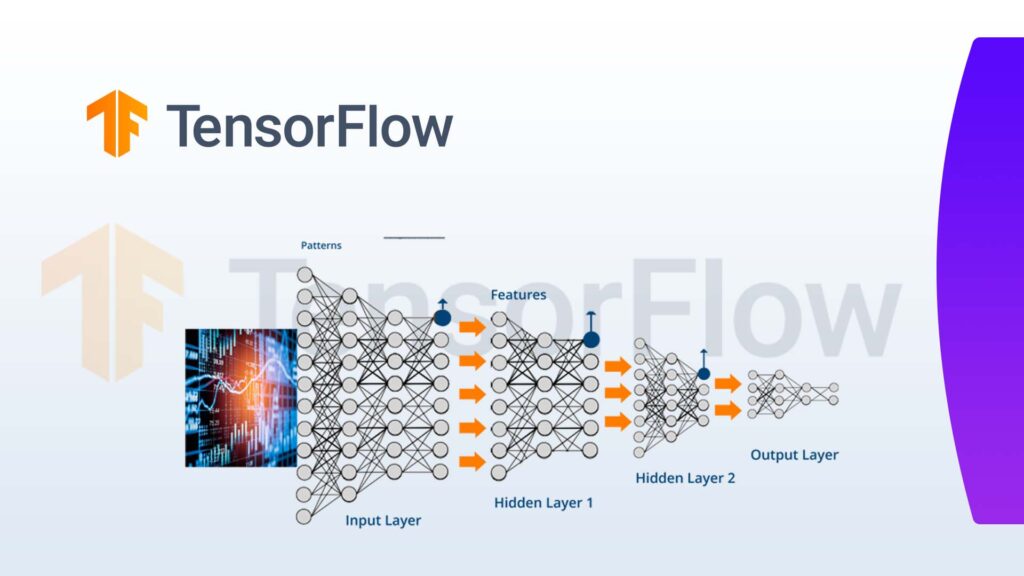
Cancer & Tumor Detection
AI with TensorFlow accelerates cancer detection through advanced image analysis, enhancing diagnostic precision for better patient outcomes
| # | Name | Price | Market Cap | Change | Price Graph (24h) | ||||||||||||||||||||||||||||||||||||||||||||||||||
|---|---|---|---|---|---|---|---|---|---|---|---|---|---|---|---|---|---|---|---|---|---|---|---|---|---|---|---|---|---|---|---|---|---|---|---|---|---|---|---|---|---|---|---|---|---|---|---|---|---|---|---|---|---|---|---|

Crypto News
Forex Strategy
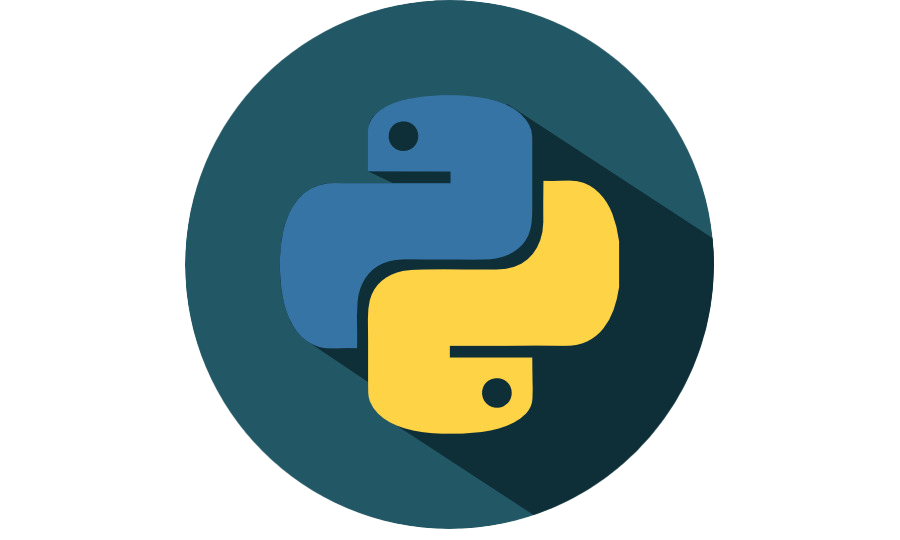
Programming
Python
-
Leveraging Artificial Intelligence: Transforming the Paradigms of Healthcare and Sick Treatments
-
Detecting Cancer with AI: Revolutionizing Diagnosis Speed
-
A Deep Dive into its Applications in Medical and Military Sectors
-
How to Develop a Robot for Forex Auto Trading
-
Exploring Python Libraries
-
TensorFlow Setup for Object Detection in Python
-
Everything About WordPress SEO: How to Increase WordPress Website Traffic
-
Mastering Crypto Trading: Essential Money Management Tips for Success
-
Unveiling 5 Hidden WordPress Features You Probably Haven't Discovered Yet
-
Programming a Robot for Forex Trading: A Comprehensive Guide
-
Bitcoin Surpasses $70,000: Unraveling the Future of BTC
-
The Psychology of Design: Understanding User Behavior in UI and UX for WordPress
-
10 WordPress Plugins to Boost Your Online Store's Sales
-
Harnessing the Power of TensorFlow for Advanced Detection Systems
-
Bitcoin's Surge to $60,000 and Beyond: Unraveling the Next Targets Through In-Depth Analysis
-
Unveiling the Power of OpenAI Sora: A Comprehensive Exploration
-
Decoding the Rivalry: Real Madrid vs FC Barcelona through the Lens of Artificial Intelligence
-
The Ultimate (AI) Guide: How to Create a Profitable YouTube Channel Step by Step
-
Is the iPhone 15 Pro Max Worth It? A Detailed Look
-
A Comprehensive Comparison of YOLOv8 and OpenCV for Computer Vision Applications
-
Best Cheap Laptops for 2024: Tested and Reviewed
-
Cryptocurrency Market Update: Bitcoin Surges Past $50,000 with Strong ETF Inflows and Institutional Interest
-
Exploring the Top 10 Forex Brokers in 2024
-
Bitcoin 2030: Unveiling the Future - Technological Trends, Regulatory Shifts, and Global Impact
-
A Comprehensive Guide on Creating an ERC-20 Token on the Ethereum Blockchain
-
Developing an Online Store with WordPress: A Comprehensive Guide
-
Understanding Artificial Intelligence and Assessing Its Effectiveness
-
Simple To-Do List Manager in Python
-
Why You Shouldn't Fear AI, but Rather Embrace It
-
Setting Thresholds in Image Processing AI: A Quick Guide
-
How to write if in Python
-
Setting Up DNS for WordPress
-
Comprehensive Guide: Step-by-Step WordPress Installation on Your Hosting Account
-
AGI vs Human Brain: A Comparative Analysis
-
Introduction to Machine Learning with Python: Building and Training a K-Nearest Neighbors Classifier on the Iris Dataset
-
How AI could detect face with mask?
-
A Beginner's Guide to Using TensorFlow for Natural Language Processing
-
AI job overview
-
Examples of Famous Websites Powered by WordPress
-
WordPress vs other CMS
-
Understanding the Inner Workings of Convolutional Neural Networks (CNN) and K-Nearest Neighbors (KNN) Algorithms in Machine Learning
-
How to setup Woocommerce in WordPress?
-
From Lists to Arrays: A Comprehensive Beginner's Guide to Python Arrays
-
The Future of AI in Screening: Predicting Job Performance and Cultural Fit
-
Demystifying AI: Understanding the Differences between Deep Learning and Machine Learning
-
Enhancing Your Images in Object Detection: The Top Image Processing Steps You Need to Know
-
How to write simple game with python
-
The Future of Machine Learning: Predictions and Trends to Watch Out For
-
What is Machine Learning
-
Beyond Binary: How to Build a Diverse and Inclusive Machine Learning Dataset
-
Top 10 Anticipated Medical Advancements by 2030: Paving the Way for a Health Revolution
-
Python vs Other Languages: Why Python Comes Out on Top
-
The Role of Genetics in Breast Cancer: Understanding Your Risk
-
How to write a registration form in Python?
-
How to write "if" in Python
-
From Beginner to Advanced: A Step-by-Step Guide to Mastering Python's Programming
-
From Zero to Hero: How I Mastered TensorFlow in Just 30 Days
-
From Prediction to Prevention: The Role of AI in Heart Attack Risk Assessment
-
Who is Elon Musk? Musk biography
-
How to Graph Logarithmic Functions?
-
How to Train Your AI Model to Detect Rare Objects
-
The Evolution of iPhone Camera Technology: A Look at the 15 Pro Max
-
ChatGPT for Business: How AI Chatbots are Revolutionizing Customer Service
-
Boeing Urgently Calls for Inspection of All 737 Max Jets Following Rudder System Concerns
-
The Surprising Benefits of Applying the KNN Algorithm in Healthcare
-

Leveraging Artificial Intelligence: Transforming the Paradigms of Healthcare and Sick Treatments
April 29, 2024 AIIntroduction As we stand at the crossroads of the digital revolution, artificial intelligence (AI) emerges as a groundbreaking innovation steering global change. It has surged.
-

Detecting Cancer with AI: Revolutionizing Diagnosis Speed
April 29, 2024 AIIntroduction Cancer, a formidable adversary in the realm of human health, has long challenged medical science with its complexity and diversity. Early detection remains one.
-

A Deep Dive into its Applications in Medical and Military Sectors
April 8, 2024 AIIntroduction Object detection, a critical component of computer vision, has seen remarkable advancements in recent years, thanks to breakthroughs in deep learning algorithms and the.
-

How to Develop a Robot for Forex Auto Trading
April 2, 2024 AI RobotsIntroduction In recent years, automated trading systems, often referred to as robots, have gained popularity in the foreign exchange (forex) market. These robots use algorithms.
-

Exploring Python Libraries
March 17, 2024 AIPython has a vast ecosystem of libraries and frameworks for various purposes. Some popular Python libraries include: NumPy: For numerical computing with arrays and matrices..
-

TensorFlow Setup for Object Detection in Python
March 14, 2024 AIIntroduction TensorFlow is one of the most popular frameworks for machine learning and deep learning tasks. It provides a comprehensive ecosystem for developing and deploying.
-

Everything About WordPress SEO: How to Increase WordPress Website Traffic
March 14, 2024 ArticleIntroduction In today's digital age, having a strong online presence is crucial for businesses and individuals alike. Whether you're running a blog, an e-commerce store,.
-

Mastering Crypto Trading: Essential Money Management Tips for Success
March 14, 2024 ArticleIntroduction: In the volatile and fast-paced world of cryptocurrency trading, success often hinges not just on making smart investment decisions but also on effective money.
-

Unveiling 5 Hidden WordPress Features You Probably Haven't Discovered Yet
March 13, 2024 ArticleIntroduction WordPress stands tall as one of the most popular content management systems (CMS) globally, empowering millions of websites across various niches. However, despite its.
-

Programming a Robot for Forex Trading: A Comprehensive Guide
March 12, 2024 AIIntroduction In recent years, the integration of technology into the financial markets has reached new heights, with automated trading systems becoming increasingly popular. One avenue.
-

Bitcoin Surpasses $70,000: Unraveling the Future of BTC
March 12, 2024 ArticleI. Introduction In the ever-evolving landscape of cryptocurrencies, Bitcoin has once again grabbed the world's attention by reaching an unprecedented milestone - $70,000. This remarkable.
-

The Psychology of Design: Understanding User Behavior in UI and UX for WordPress
March 9, 2024 ArticleIntroduction In the dynamic world of web development, the success of a website depends not only on its functionality but also on the user experience.
-

10 WordPress Plugins to Boost Your Online Store's Sales
March 9, 2024 AIIntroduction In the ever-expanding realm of e-commerce, having a powerful and efficient online store is essential to success. WordPress, with its flexibility and vast array.
-
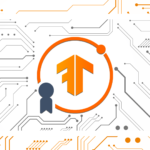
Harnessing the Power of TensorFlow for Advanced Detection Systems
March 7, 2024 AIIntroduction In recent years, the field of artificial intelligence (AI) has witnessed unprecedented growth, revolutionizing various industries. One of the key players in this technological.
-

Bitcoin's Surge to $60,000 and Beyond: Unraveling the Next Targets Through In-Depth Analysis
March 2, 2024 ArticleIntroduction In the ever-evolving landscape of cryptocurrencies, few assets have captured the world's attention like Bitcoin. Since its inception in 2009, Bitcoin has experienced tremendous.
-

Unveiling the Power of OpenAI Sora: A Comprehensive Exploration
February 19, 2024 AII. Introduction A. Overview of OpenAI1. Brief history and mission2. Evolution of OpenAI's research and development B. Introduction to OpenAI Sora1. Emergence of Sora within.
-

Decoding the Rivalry: Real Madrid vs FC Barcelona through the Lens of Artificial Intelligence
February 18, 2024 AIIntroduction Football, known as the beautiful game, has seen its fair share of legendary rivalries, but perhaps none as intense and enduring as the one.
-

The Ultimate (AI) Guide: How to Create a Profitable YouTube Channel Step by Step
February 18, 2024 AIIntroduction In the ever-evolving digital landscape, YouTube has emerged as a powerhouse platform for content creators to showcase their talents, share knowledge, and build a.
-

Is the iPhone 15 Pro Max Worth It? A Detailed Look
February 17, 2024 AIIntroduction: In the dynamic realm of smartphones, Apple has consistently set the bar high with each new iteration of the iPhone. The latest addition to.
-
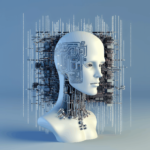
A Comprehensive Comparison of YOLOv8 and OpenCV for Computer Vision Applications
February 17, 2024 AIIntroduction: Computer Vision has evolved significantly over the years, with the development of robust algorithms and frameworks that enable machines to interpret and understand visual.

Revolutionizing Healthcare: AI-Powered Image Processing for Precision Cancer Detection and Diagnosis
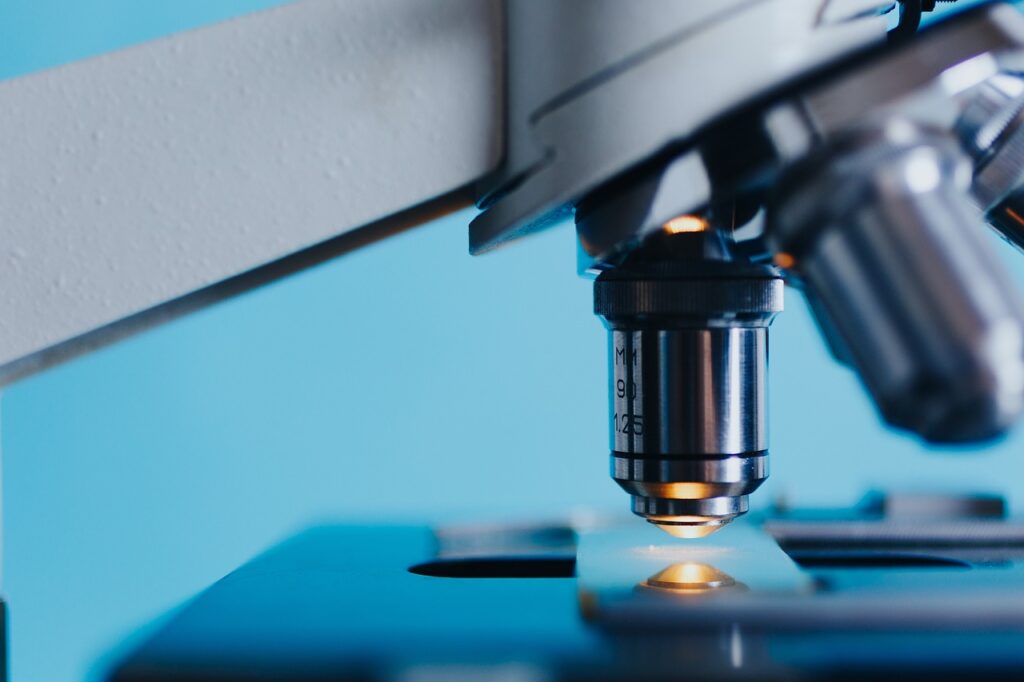


Yes, artificial intelligence (AI) in image processing has shown great promise in healthcare, including applications in cancer detection. Here are some ways AI is being utilized in this field:
1. **Medical Imaging Analysis:**
– **Mammography:** AI algorithms can analyze mammograms to assist in early detection of breast cancer by identifying suspicious lesions or abnormalities.
– **MRI and CT Scans:** AI can be employed to analyze images from magnetic resonance imaging (MRI) and computed tomography (CT) scans, helping in the detection and characterization of tumors in various parts of the body.
2. **Histopathology and Pathology:**
– AI is used to analyze pathology slides and histopathological images to aid pathologists in diagnosing cancer. This includes identifying and categorizing tissue abnormalities with a high degree of accuracy.
3. **Radiology Imaging:**
– AI algorithms can assist radiologists in analyzing X-rays, ultrasounds, and other radiological images for signs of cancer, enabling faster and more accurate diagnoses.
4. **Early Detection and Screening:**
– AI can enhance early cancer detection through automated screening processes. For example, it can analyze a large number of medical images to identify subtle patterns or anomalies that may indicate the presence of cancer at an early stage.
5. **Treatment Planning:**
– AI can play a role in personalized medicine by analyzing medical images to tailor treatment plans based on individual patient characteristics, helping to optimize the effectiveness of cancer treatments.
6. **Follow-up and Monitoring:**
– AI-powered systems can assist in monitoring changes in tumors over time, providing valuable information to healthcare professionals for assessing treatment effectiveness and making necessary adjustments.
7. **Clinical Trials and Research:**
– AI can be applied to analyze vast amounts of medical imaging data from clinical trials, aiding researchers in understanding disease progression, treatment response, and identifying potential biomarkers.
The integration of AI in cancer detection and healthcare, in general, has the potential to improve diagnostic accuracy, reduce human error, and enhance overall patient care. However, it’s important to note that these technologies should be used in conjunction with the expertise of healthcare professionals to ensure the highest standards of patient care and safety. Ethical considerations, data privacy, and regulatory compliance are also critical aspects when implementing AI in healthcare applications.